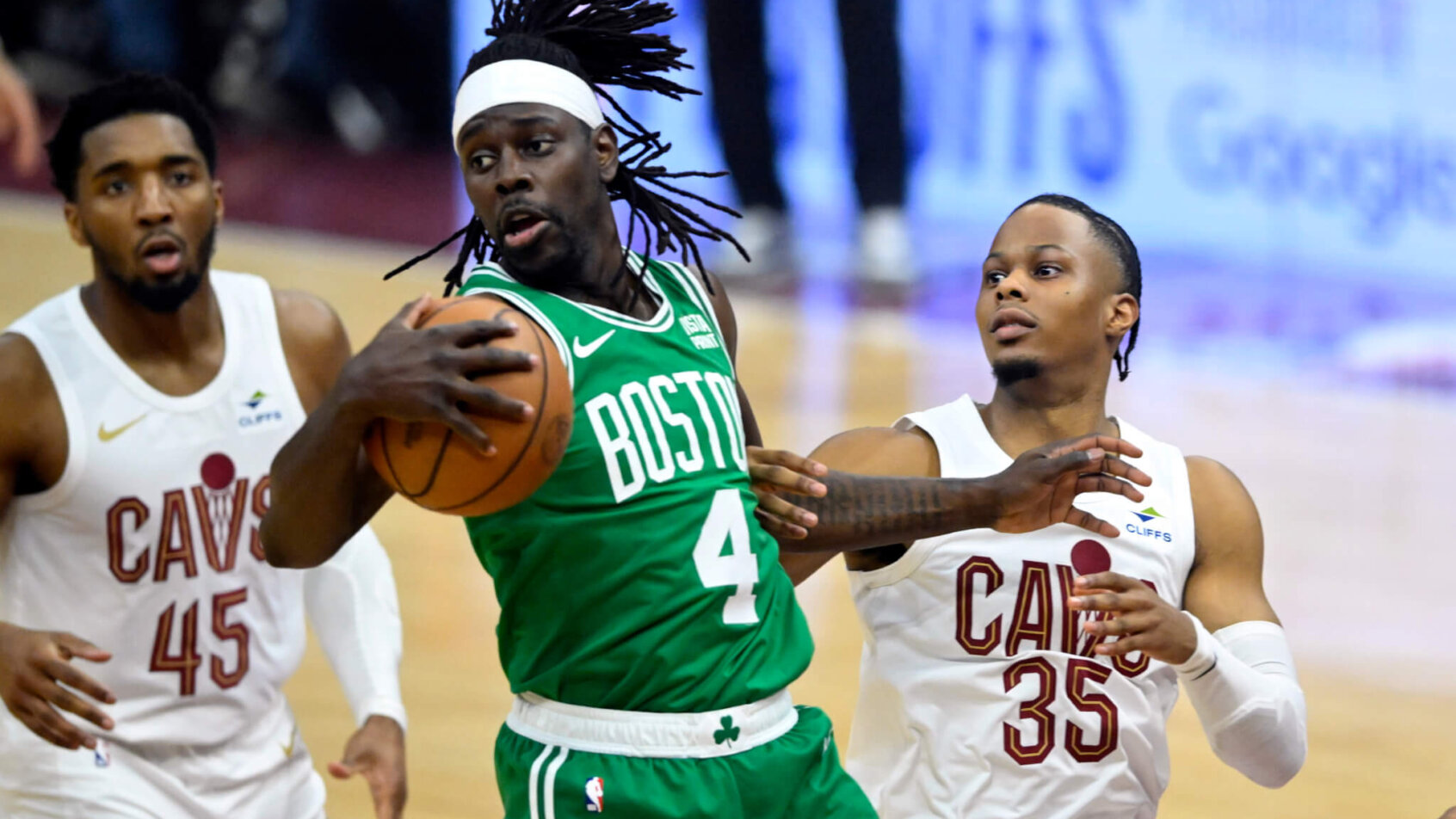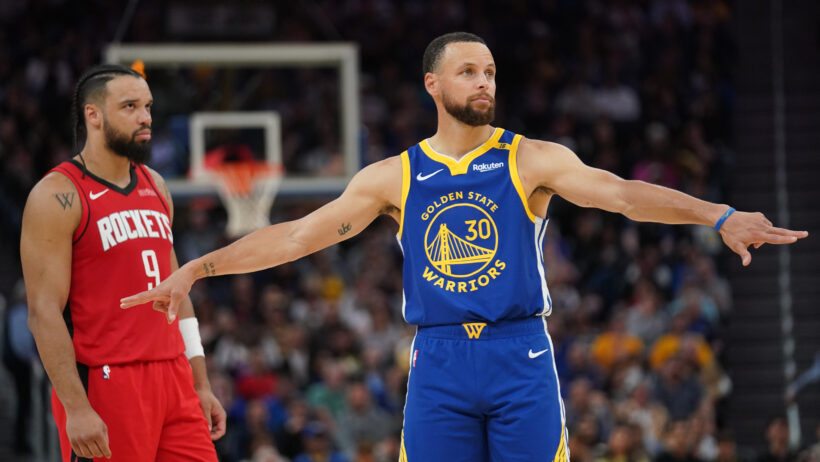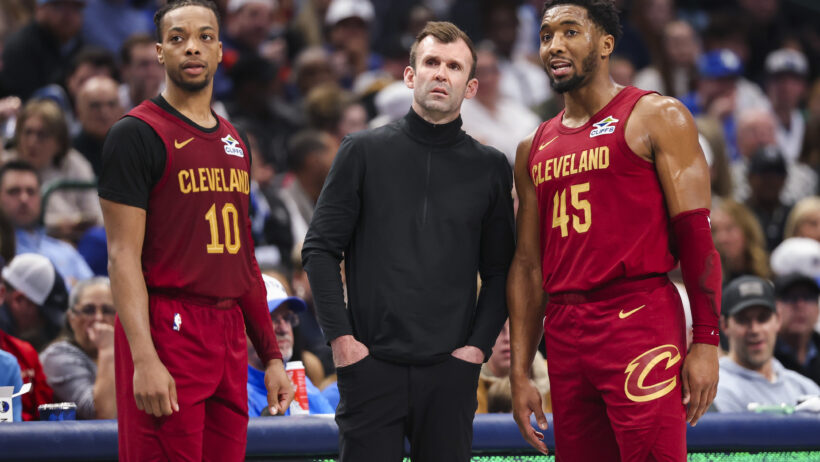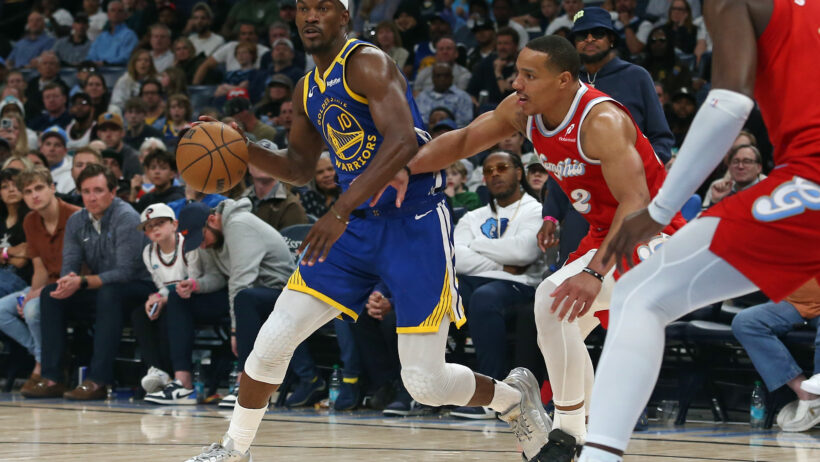Sportsbooks No Show Massachusetts Roundtable on Limiting Customers
By Robert Linnehan in Sports Betting News
Published:

- The Massachusetts Gaming Commission held a roundtable discussion today with industry professionals on the practice of sports betting operators limiting customers
- However, to the disappointment of the commission, the majority of sports betting operators in the state did not participate in the public meeting
- Commission stresses this is just the start of the conversation regarding the practice of limiting customers
The Massachusetts Gaming Commission today held a long-awaited roundtable discussion on the practice of limiting sports betting customers in the commonwealth, but did so without the presence of any live sports betting operators in the state.
Commission members and industry professionals discussed the practice of sportsbooks limiting patrons’ sports betting activity. No regulatory changes or proposals were made, but commissioners did take suggestions as to how this issue could be modified to better suit all parties in the future.
Despite the well-received discussion, the absence of any live Massachusetts sports betting operators from the meeting “was not a good use of the commission’s time,” according to one commissioner.
No Live Sportsbook Operators Present
The roundtable was expected to include a conversation between the commission, industry experts, and licensed Massachusetts sportsbook operators as to the “how, when, and why” of limiting sportsbook patrons in the commonwealth.
However, Maynard surprisingly opened the roundtable with news that no live sportsbook operator would be participating in the discussion. The operators requested the meeting be held exclusively in executive session, away from the public, which the Massachusetts Gaming Commission (MGC) denied in the interest of transparency.
“We are required by law to do our job in open forum in Massachusetts. At times it can be uncomfortable to have these conversations in public and we understand it. My fellow commissioners and I are faced with this situation at almost every meeting. Without the benefit of being able to collaborate before joining a meeting, it’s tough. But with that said, transparency is key to integrity of the industry in Massachusetts. This commission will never compromise transparency or integrity,” he said.
The only operator to attend the roundtable was Bally’s Interactive. It holds a Massachusetts sports betting license, but has yet to launch in the state.
Each of the operators submitted correspondence regarding limitation practices to the MGC, which have been made available to the public. The operators mostly noted that if they participated in the roundtable they would be forced to divulge proprietary and confidential trade secrets, hence the request to hold the meeting in an executive session.
A DraftKings spokesperson told Sports Betting Dime the company declined to participate due to a number of factors.
“After careful consideration, DraftKings decided not to participate in the Massachusetts Gaming Commission roundtable regarding wagering limits, because among other things, any meaningful discussion on wagering limits would necessary involve the disclosure of DraftKings’ confidential risk management practices and other commercially sensitive business information. DraftKings looks forward to working with the Commission to explore alternative ways to contribute to this discussion, while preserving the confidentiality of that information,” the spokesperson said.
Why the Need For a Roundtable?
The need for a roundtable came after the commission became aware of the practice of limiting customers who win more than the average customer after receiving a comment from a member of the public in July 2023.
Since last summer, Commissioner Nakisha Skinner said it has become obvious that this is not just a practice to limit “sharps,” but to also limit regular patrons who casually or recreationally wager and win too frequently.
“This is a much more different conversation now, because this affects many more individuals and citizens of this Commonwealth than the handful of sharps that might be gaming the system from the operators’ perspective. This to me raises questions of integrity, fairness, and a lack of communication to the patron,” she said.
Little is know about what goes into an operator’s decision to limit customers, how they limit customers, or when these limits expire. A definitive reason for why customers are limited by sportsbooks, Maynard noted, may be the starting point for the commission as it moves forward into this exploration.
Asking the Experts
The commission turned to several industry experts to hear their opinions on the practice of limiting patrons, the fairness of such actions, and any potential solutions to reduce this practice in the state.
The industry experts in attendance included Jack Andrews, a professional gambler and founder of Unabated Sports; Brianne Doura Schawohl, founder of a consulting group that specializes in problem and responsible gaming issues; and Dustin Gouker, a gambling/content consultant and former Vice President of Catena Media.
Justin Black, a spokesperson for Bally’s Interactive, said Bally’s does not limit patrons specifically for winning, but rather limits them based on underlying factors that are proprietary to the company.
Every user who signs up for an account is treated the same, he noted, and will not have their account limited or capped based off of a first wager or a first win.
“There are parameters based on all sports wagering, but just for the sheer factor of someone winning, that wouldn’t necessarily then limit them from making subsequent wagers in my experience,” Black said.
If operators could not limit individual customers, Black said it would result in product restrictions for all customers. Operators would have to institute more defensive pricing strategies, offer worse prices for certain markets, and lower limits for all patrons.
One industry expert told Sports Betting Dime that the practice of limiting customers is “very small,” with about one in every 2,000 sportsbook customers actually having a hard or soft limit.
Be Transparent about Limiting Practices
A good first step, Andrews said, would be for operators to admit that they actually limit customers for winning too much. Why not, he asked, paint these customers with a narrower brush? If they beat an operator regulatory in NBA props, limit them in just those markets, not in every single market on their platform.
Up the transparency of how much a customer is being limited as well, he said, and actually notify them that they’re being limited. Operators do not send out notifications to users that are being limited and do not inform them of their new betting limits.
Having clear, concise minimum and maximum amounts for patrons would be an effective start, he said. Additionally, it’s extraordinarily hypocritical for operators to limit customers who win while increasing limits for poor sports bettors who lose a lot of money.
He urged the MGC to consider sportsbook operators that do not engage in the practice of limiting consumers, Andrews said. These operators offer smaller markets than the larger companies and often find entry into states like Massachusetts to be too difficult.
“Your barriers to entry are very high. Your tax rates and your licensing fees are very high,” he said.
The exploration of a secondary tier of sports betting licenses, Gouker said, specifically for betting exchange platforms could be a potential solution for the state. Betting exchange platforms are typically peer-to-peer operators where users take opposite sides of a market, agree to a bet amount, and the operator takes a commission that is not dependent on the outcome of the event.
He also said operators should provide the commission with data on how many users are limited, and percentages on why they’re being limited, such as for responsible gaming factors or for winning too much.
Doura Schawohl stressed that a clear delineation should be provided from operators on user limitations. Operators should not be hiding behind responsible gaming practices for limiting users if the real reason they’re being limited is from their success as bettors, she said.
Irritation at Operators For Not Attending
The MGC stressed at the conclusion of the hearing that this is just the start of the state’s conversation on the practice of limiting users. Several commissioners also noted their annoyance that none of the operational sportsbooks attended the roundtable.
“On the one hand I feel like this was not a good use of our time today, given that we didn’t have our primary stakeholders as part of the discussion. I hope we can work to change that moving forward, because we do need to move this needle in whatever way is appropriate, according to this body. The data is going to be important, and that’s a good starting point for me,” Skinner said.
Commissioner Brad Hill also shared his frustrations with the operators not being in attendance.
“I share in Commissioner Skinner’s frustration, and I’ll go so far as to say anger that I have today for not being able to get more information that I thought we’d be able to get to start this conversation. Although it was started today, it didn’t give us the starting point that I had hoped we would get,” he said.

Regulatory Writer and Editor
Rob covers all regulatory developments in online gambling. He specializes in US sports betting news along with casino regulation news as one of the most trusted sources in the country.



